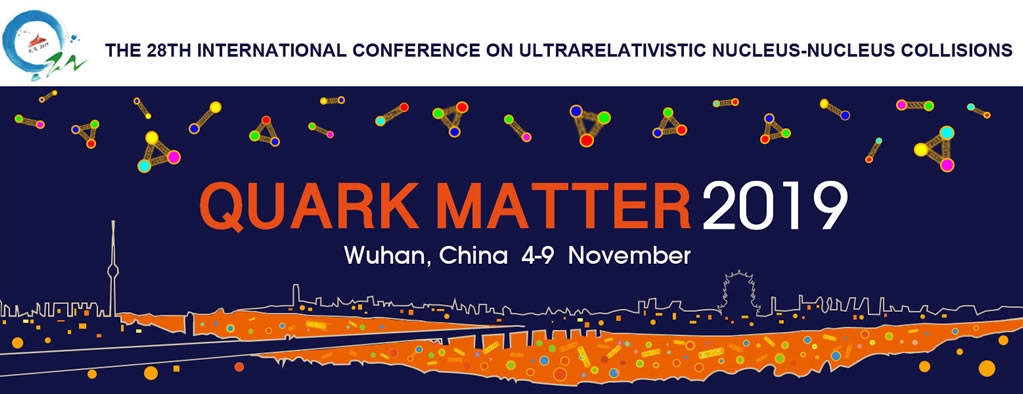Speaker
Description
The study of hadronic resonances such as $\rm{K}^{*}$ and $\phi$ provides a unique tool to investigate the interplay of re-scattering and regeneration effects in the hadronic phase of heavy-ion collisions. As the $\rm{K}^{*}$ has a lifetime comparable to the lifetime of the hadronic phase, one would expect to observe the effects of re-scattering and regeneration processes in the measured $\rm{K}^{*}$ production yield. In contrast, the $\phi$ meson has a longer lifetime compared to other resonances. Thus, it is expected that its yields will not be affected by regeneration and re-scattering. So far, most of the measurements of hadronic resonances in pp collisions have been used as baselines for heavy-ion collisions. However, recent indications of the possible formation of QGP droplets and the presence of a hadronic phase in small systems makes the study of hadronic resonance production in small systems more important. Event shape observables like transverse spherocity, along with charged-particle multiplicity, can serve as an important tool to separate isotropic and jetty events, which can help in understanding the recently observed phenomena in small systems in a more differential manner.
We report measurements of $\rm{K}^{*\pm}$ and $\phi$ meson production in pp collisions at $\sqrt{s}=5.02$ TeV as a function of charged particle multiplicity and transverse spherocity, reconstructed in their hadronic decay channels of $\rm{K}_{\rm S}^{0}\pi^{\pm}$ and $\rm{K}^{+}\rm{K}^{-}$, respectively. These results include the transverse momentum, $p_{\rm T}$, distributions, integrated yield and mean-$p_{\rm T}$ of $\rm{K}^{*\pm}$ and $\phi$ in different spherocity and multiplicity classes. The results will be compared to pQCD inspired models such as PYTHIA and EPOS-LHC.
